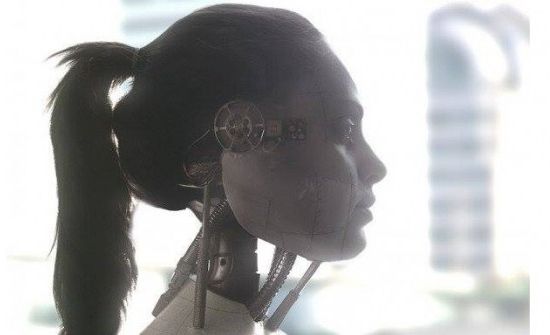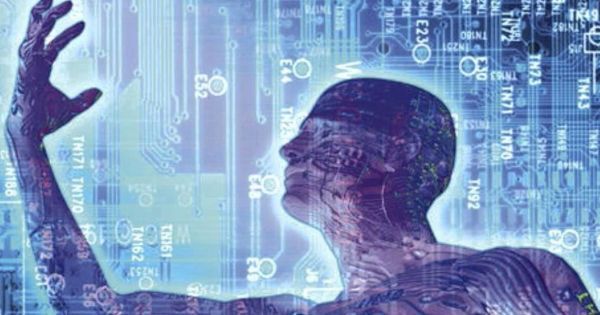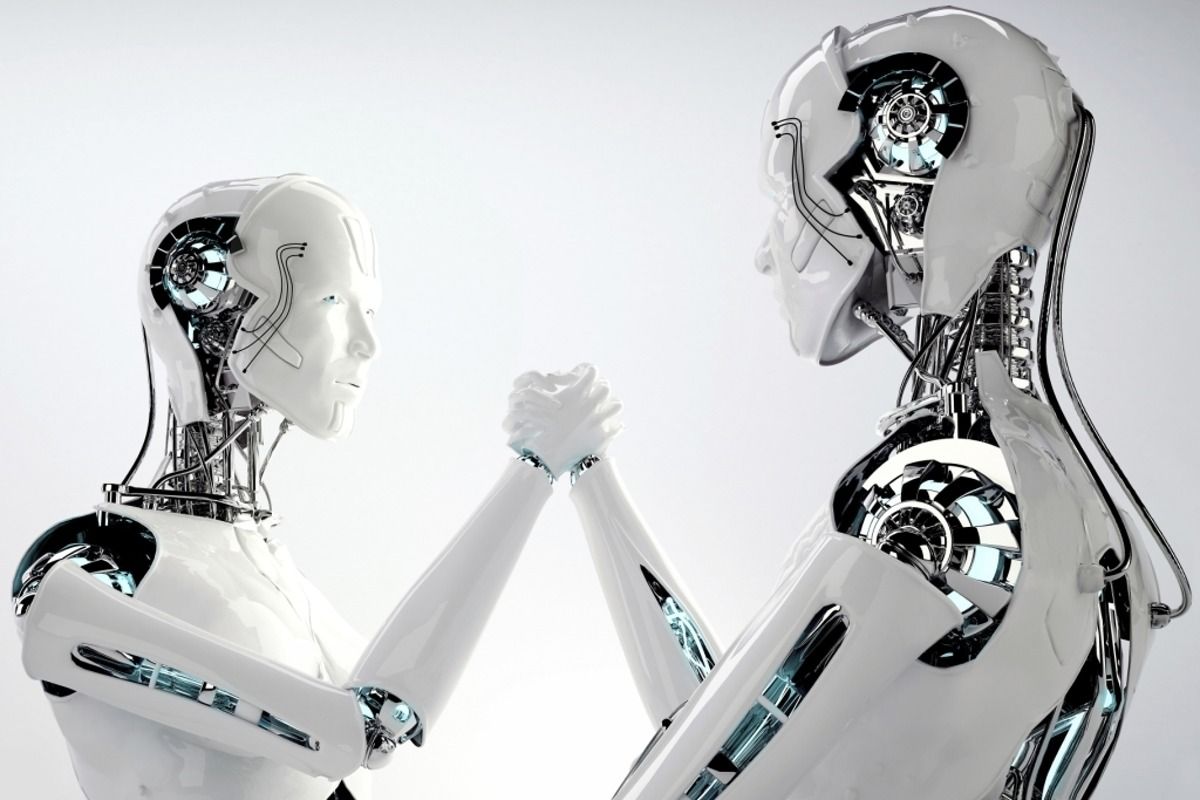Artificial intelligence will require key advances in order to play a video game filled with planning, guesswork, and bluffing.



Iraqi militia forces debuted an unmanned ground combat vehicle this week — but was it really invented by two nameless Iraqi brothers?

Computronium is defined by some as a substance which approaches the theoretical limit of computational power that we can achieve through engineering of the matter around us. It would mean that every atom of a piece of matter would be put to useful work doing computation. Such a system would reside at the ultimate limits of efficiency, and the smallest amount of energy possible would be wasted through the generation of heat. Computronium crops up in science fiction a lot, usually as something that advanced civilizations have created, occasionally causing conflicts due to intensive harvesting of matter from their galaxy to further their processing power. The idea is also also linked with advanced machine intelligence: A block of matter which does nothing other than compute could presumably would be incredibly sought after by any artificial intelligence looking to get the most compact and powerful brain for its money!

Researchers plan to bring dead to life by freezing their brains and then resurrecting them with artificial intelligence.
Bringing the dead back to life is futuristic and final frontier of science and Humai is working on just that. Humai is a technology company based in Los Angeles and is working on a project known as “Atom & Eve” that would let human consciousness be transferred to an artificial body after their death.
The artificial intelligence company has said it can resurrect human beings within the next 30 years. The “conversational styles, [behavioural]patterns, thought processes and information about how your body functions from the inside-out” would be stored on a silicon chip through AI and nanotechnology.

Have you ever been in a situation where knowing another language would have come in handy?
I remember standing on the platform at Tokyo Station watching my train to Nagano — the last train of the day — pulling away without me on it. What ensued was a frustrating hour of gestures, confused smiles, and head-shaking as I wandered the station looking for someone who spoke English (my Japanese is unfortunately nonexistent). It would have been really helpful to have a bilingual pal along with me to translate.
Bilingual pals can be hard to find, but Google’s new translation software may be an equally useful alternative. In a paper released last week, the authors noted that Google’s Neural Machine Translation system (GNMT) reduced translation errors by an average of 60% compared to Google’s phrase-based system. GMNT uses deep learning, a technology that aims to ‘think’ in the same way as a human brain.

Come “ask me anything” right now!!! I’m trying to answer all questions I get asked:
Hi Reddit,
Thank you for having me here. My name is Zoltan Istvan, and I’m a futurist, journalist, and science fiction writer. I’m also the 2016 Presidential candidate for the Transhumanist Party.
For the last 725 days, I have been campaigning full time to spread transhumanism and life extension policies across America and the world. While I never expected to win the US Presidency, my campaign has received a lot of attention—both good and bad—for its emphasis on radical science, technology, secularism, and futurist ideas.
During my campaign, I’ve spoken on transhumanism at the World Bank, consulted with the US Navy on artificial intelligence, got a chip implanted in my hand, interviewed with underground group Anonymous, and drove a coffin-shaped bus called the Immortality Bus across America to deliver a Transhumanist Bill of Rights to the US Capitol. My 20-point political platform has many futurist policies in it, but some of the most important ones are supporting a Universal Basic Income, classifying aging as a disease, legalizing all drugs, creating a Transhumanist Olympics, and taking money from the military and giving it to science.

In Brief:
